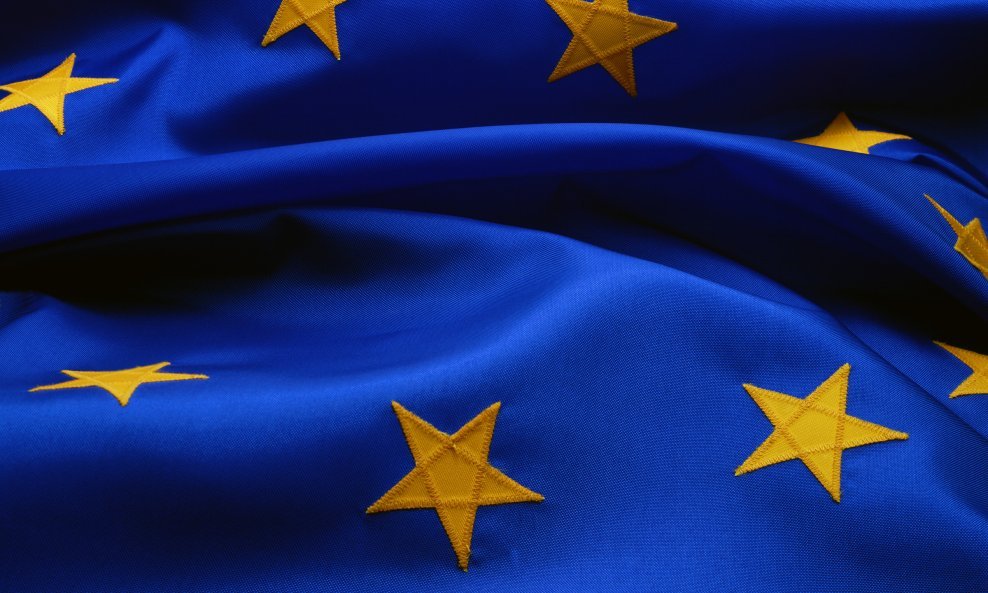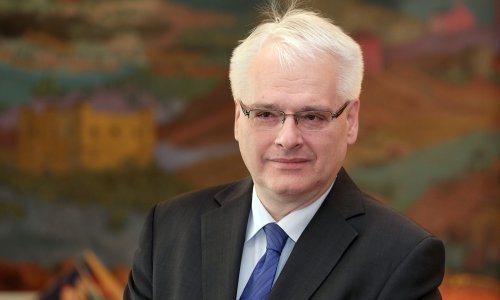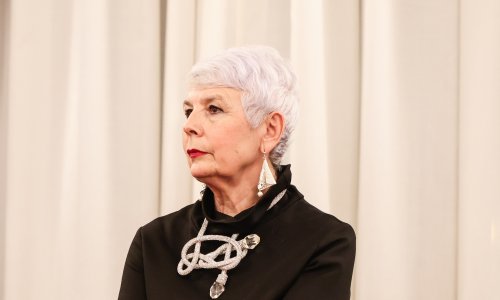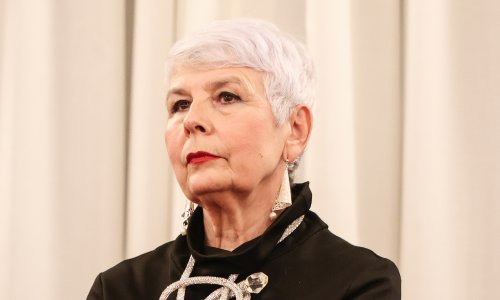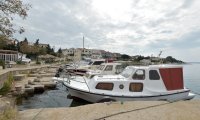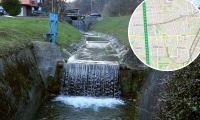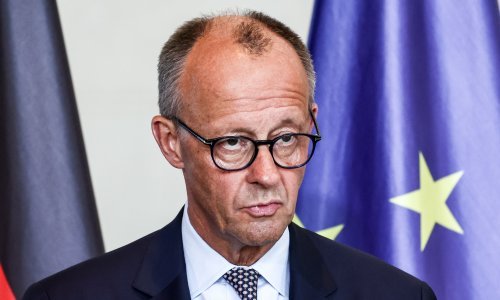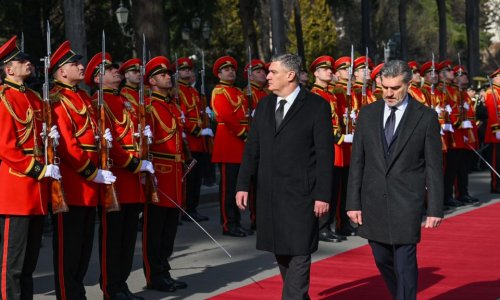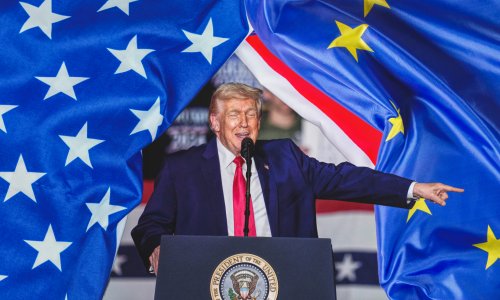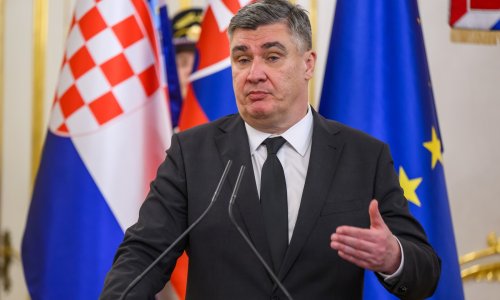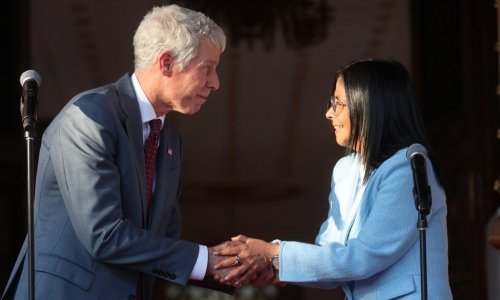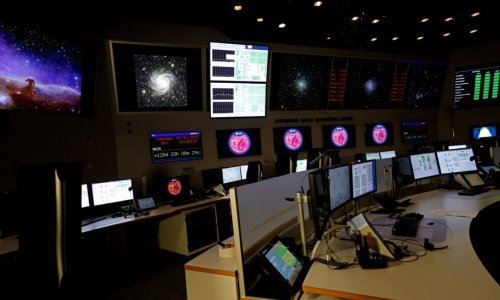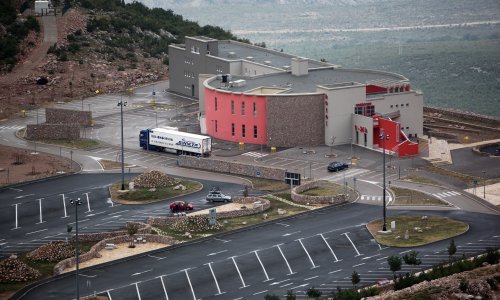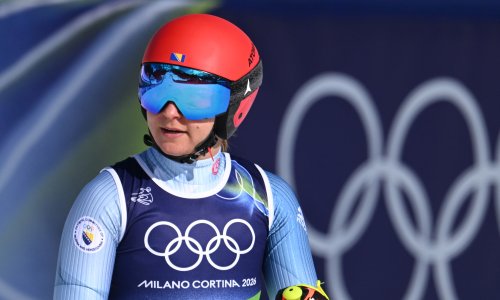Progress by Croatia and Serbia towards European Union membership is having a positive impact on Bosnia and Herzegovina, and the accelerated integration of Serbia and other countries in the region is in Croatia's interest because it sends a message to Brussels about solidarity in the region, Croatian President Ivo Josipovic said in an interview with the Belgrade newspaper Blic of Friday.
Josipovic said that considering the important role the Bosnian Serbs were playing in the stability and integration of Bosnia and Herzegovina and how important they were to Serbia's national interests, it was hard to think of another country that would be more interested than Serbia in the European integration of Bosnia and Herzegovina.
"Therefore, whenever we talk about the European future of Croatia and Serbia, I always have in mind our common, trilateral European partnership with Bosnia and Herzegovina," the Croatian president said, expressing hope that Croatia would close all policy areas in its EU membership talks already next year and become a full member of the Union by 2013.
Josipovic recalled that Croatian Prime Minister Jadranka Kosor had made available to Serbia a Croatian translation of the acquis communautaire, worth about six million euros, noting that it was only technical assistance.
"What is crucial is political support, a message to the EU countries that the countries in this region are showing solidarity with one another in their ambitions to join the EU and that a success of one of them is a success for them all," Josipovic said.
He added that the prevailing opinion in Croatia was that speeding up the EU integration of Serbia and other neighbours was in Croatia's national interest, because every new step towards the EU made by any of the countries in the region increased stability, security and possibilities for free trade.
When asked if Croatia's response to Serbia's counterclaim to the genocide charges filed with the International Court of Justice would affect the chances of the two countries dropping the charges, Josipovic said it was too early to speak of that, adding that the matter would be decided by the two governments.
"I can repeat what I have said before: if one day, in different political circumstances than those that existed at the time when the charges were brought, we removed through open dialogue the reasons that led to the charges being brought, we might settle the case through an agreement. Here I always emphasise, just like President Tadic, that war criminals must be brought to justice and punished," the Croatian president said.
Speaking of further activities on the road to post-war reconciliation between Croatia and Serbia, Josipovic said that reconciliation had no alternative and that "we cannot live in the past."
"I believe that we have completed a stage in the relationship between Serbia and Croatia that required great symbolic gestures. The real challenges remain: shedding light on the fate of missing persons, ensuring the return of and housing for refugees, and determining the border between the two countries. There is also a challenge of intensifying economic cooperation," he said.
Responding to the interviewer's remark that the international human rights watchdog Amnesty International claims that Croatia lacks the political will to prosecute war crimes committed against Serbs, Josipovic said that there was a strong will for that, the laws were adequate and the quality and number of such trials was increasing.
"The most important thing is that it is a widely accepted view in Croatia that a crime is a crime regardless of who committed it," he stressed.
When asked if the accusations against former Croatian Prime Minister Ivo Sanader marked the beginning of efforts to purge the entire region of corruption, Josipovic said that Croatia was currently purging itself of corruption and that ongoing investigations showed that "the tentacles of the corruption octopus" were also extending abroad, but not into the region.
"If the purge spilled over into he region, I am certain it would be good for us too, just as a corruption-free Croatia would reduce corrupt practices in mutual relations between companies in the region. Corruption weakens the state and eats away the wealth of a nation and citizens, and as such no government should tolerate it, let alone practise it," Josipovic concluded.



